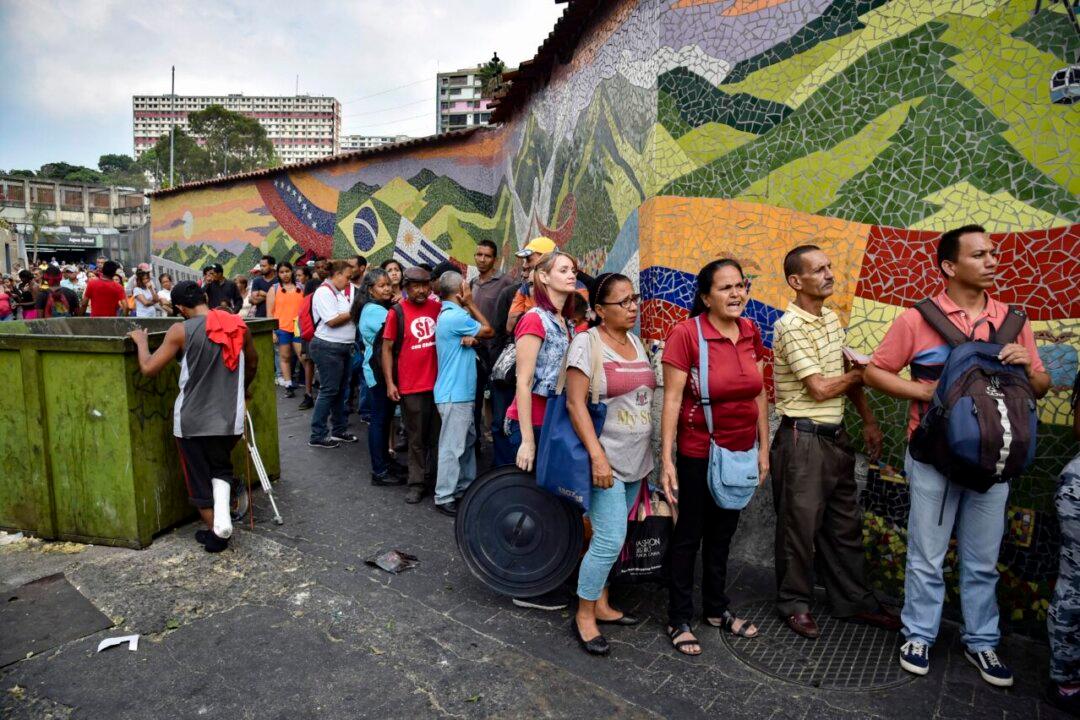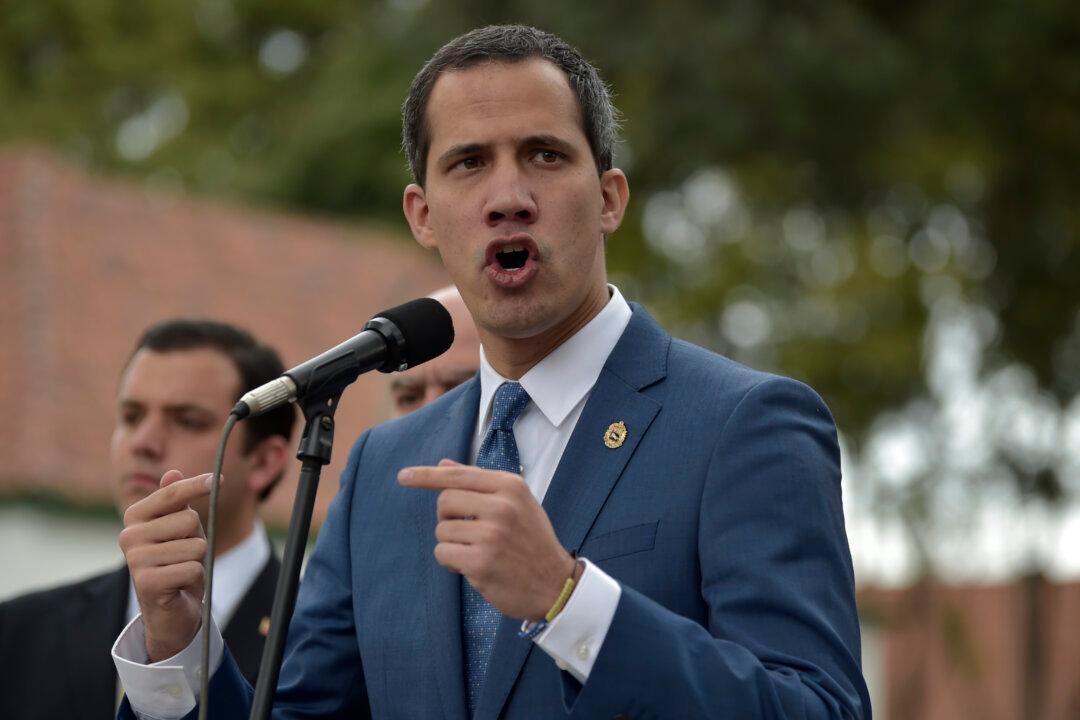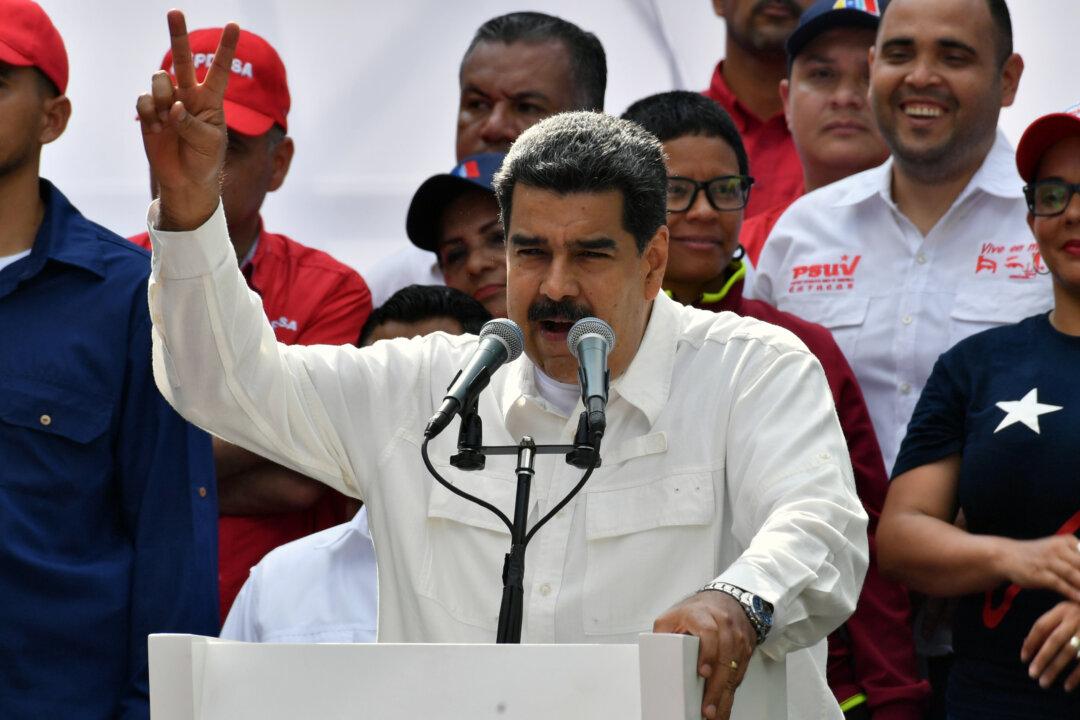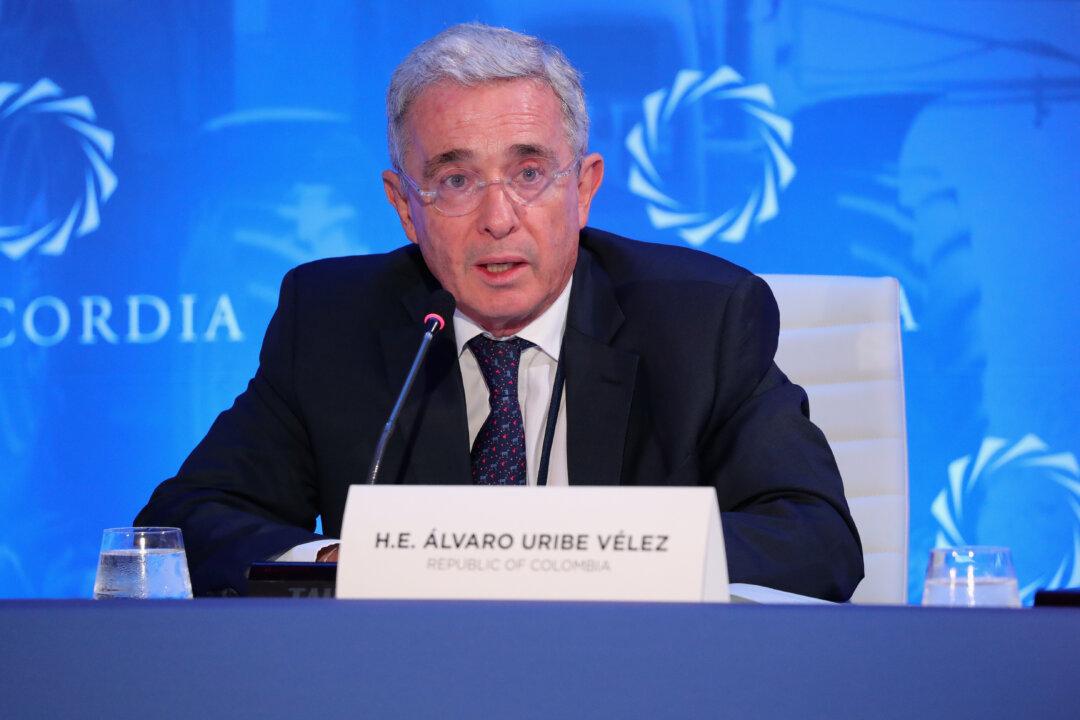BOGOTA, Colombia—Venezuela’s central bank unexpectedly released new economic figures during the last week of May, offering a rare, official window into the socialist country’s prolonged economic collapse.
The GDP and inflation numbers—which hadn’t been released by the bank in almost four years—confirmed the beliefs of economists and international organizations: The country’s economic crisis is one of the biggest in Latin America’s recent history.




